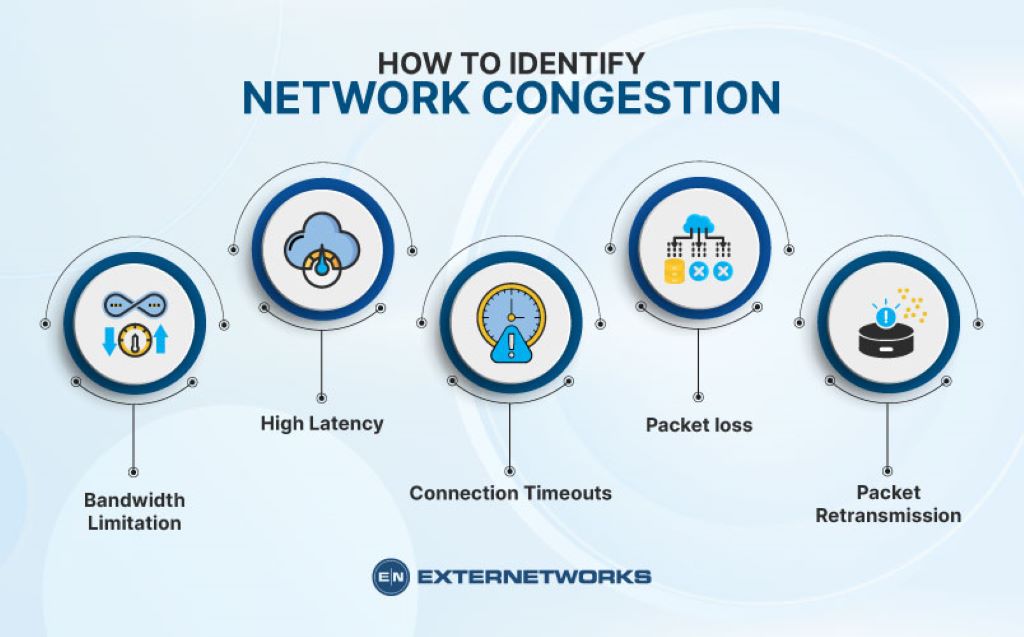We’ve all heard the saying, “attitude is everything.” But when it comes to learning, is it really that important? Can a simple shift in mindset truly unlock our potential and pave the way for academic success? The answer, backed by a growing body of research, is a resounding yes. A positive attitude acts like a catalyst in the learning process, influencing not only how much we absorb but also how we approach challenges and setbacks. Let’s delve into the fascinating interplay between positivity and learning, exploring the tangible benefits and offering practical strategies to cultivate an attitude that fosters growth.
Contents
The Brain on Optimism: A Neurological Perspective
Believe it or not, our brains are wired to respond to positivity. When we approach learning with enthusiasm and optimism, our brains release dopamine, a neurotransmitter associated with pleasure and reward. This creates a positive feedback loop, making us more motivated and engaged in the learning process. Furthermore, positive emotions reduce the production of stress hormones like cortisol, which can hinder cognitive function and memory. By creating a relaxed and receptive mental state, a positive attitude allows information to flow freely and facilitates the formation of neural connections.
Unlocking the Benefits: How Positivity Impacts Learning
The impact of a positive attitude on learning extends far beyond a temporary mood boost. It creates a ripple effect, influencing various aspects of the learning journey:
- Increased Motivation and Engagement: When we believe in our ability to learn and view challenges as opportunities for growth, we are more likely to stay motivated and persevere through difficulties. This intrinsic motivation fuels our curiosity and drives us to actively participate in the learning process, leading to deeper understanding and retention.
- Enhanced Creativity and Problem-Solving: A positive attitude fosters a sense of openness and allows us to think outside the box. When we are not afraid of making mistakes, we are more likely to experiment, explore different approaches, and come up with innovative solutions. This is crucial for developing critical thinking skills and navigating complex problems.
- Improved Memory and Recall: Studies have shown a strong correlation between positive emotions and memory enhancement. When we are in a positive state of mind, our brains are better able to encode and retrieve information. This is because positive emotions activate the hippocampus, a brain region crucial for memory formation.
- Greater Resilience and Persistence: Learning is not always a smooth journey. We inevitably encounter obstacles and setbacks along the way. A positive attitude equips us with the resilience to bounce back from failures, learn from our mistakes, and keep moving forward. It helps us view challenges as temporary hurdles rather than insurmountable barriers.
- Enhanced Collaboration and Communication: Learning is often a social endeavor. A positive attitude promotes effective communication and collaboration by fostering trust, respect, and open-mindedness. When we approach interactions with a positive mindset, we are more likely to build strong relationships with peers and teachers, creating a supportive learning environment.
Read More Also: Ready to Ditch the Gym? Your Beginner’s Guide to Crushing Home Workouts!
Cultivating a Growth Mindset: Strategies for Positivity
While some individuals may naturally possess a more optimistic outlook, a positive attitude is not solely determined by personality. It is a skill that can be cultivated and nurtured through conscious effort and practice. Here are some practical strategies to foster a positive attitude towards learning:
- Embrace a Growth Mindset: Developed by psychologist Carol Dweck, the concept of a growth mindset emphasizes the belief that abilities and intelligence can be developed through dedication and hard work. Embracing this mindset allows us to view challenges as opportunities for growth and see effort as a path to mastery.
- Practice Gratitude: Taking time to appreciate the positive aspects of learning, such as acquiring new knowledge or developing valuable skills, can shift our focus away from negativity and cultivate a sense of gratitude. This simple practice can significantly boost our mood and motivation.
- Challenge Negative Thoughts: Our thoughts have a powerful impact on our emotions and behaviors. When negative thoughts creep in, challenge them with positive affirmations and realistic self-talk. Replace “I can’t do this” with “I can learn this with effort” and focus on past successes to build confidence.
- Set Realistic Goals: Setting achievable goals and breaking down larger tasks into smaller, manageable steps can create a sense of progress and accomplishment, boosting motivation and reinforcing a positive attitude. Celebrate small victories along the way to maintain momentum.
- Surround Yourself with Positivity: Our environment plays a crucial role in shaping our attitude. Surround yourself with positive influences, whether it’s supportive friends, inspiring mentors, or a stimulating learning environment. Seek out opportunities for collaboration and engage in activities that spark joy and curiosity.
- Practice Self-Care: Taking care of our physical and mental well-being is essential for maintaining a positive attitude. Ensure adequate sleep, engage in regular exercise, and prioritize activities that help you relax and recharge. A healthy mind and body are better equipped to handle challenges and embrace learning with enthusiasm.
The Ripple Effect: Positivity Beyond the Classroom
The benefits of a positive attitude extend far beyond academic success. The skills and mindset cultivated through positive learning experiences can have a profound impact on various aspects of life:
- Improved Relationships: A positive attitude fosters empathy, compassion, and effective communication skills, leading to stronger and more fulfilling relationships with others.
- Increased Career Success: A positive attitude is highly valued in the workplace. It promotes teamwork, problem-solving, and adaptability, all essential skills for navigating the challenges of a professional career.
- Greater Overall Well-being: A positive attitude contributes to a sense of purpose, resilience, and optimism, leading to greater overall happiness and life satisfaction.
In conclusion,
a positive attitude is not merely a feel-good factor in learning; it is a powerful tool that unlocks our potential and sets the stage for success. By embracing a growth mindset, practicing gratitude, and cultivating resilience, we can harness the power of positivity to transform our learning journey and pave the way for a fulfilling life. As we continue to explore the intricate workings of the human mind, one thing remains clear: a positive attitude is an invaluable asset that empowers us to thrive in all aspects of life.





